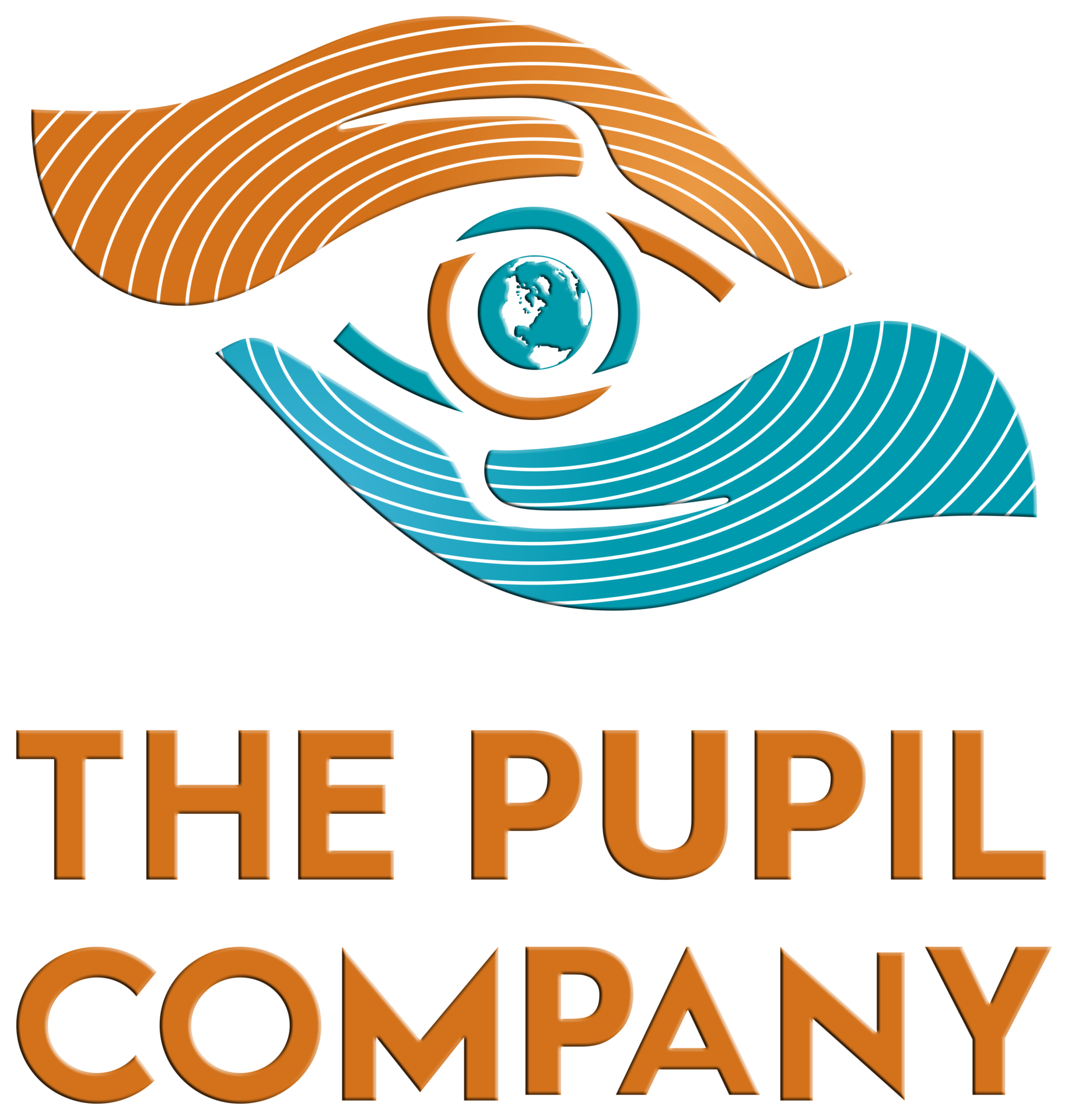A friend and I had a conversation about Jackie Chan recently. We’re both nerds so we dug into the “why” and “how” we enjoy his movies.
We talked about how Jackie’s fight scenes always begin with him in a disadvantaged position which lends to his heroism when he finally wins the battle.
We talked about the framing of the camera- why certain things are not plausible in a reality but we accept them because of the 2D world that he lives in.
We talked about how the bloopers were always better than the movie itself.
It was a super enjoyable conversation that felt like it had gone on for a long time so I glanced down at my phone to check the time.
Just above the clock…
There it was…
An advertisement for, “Rush Hour.”
Big tech strikes again! They’re listening in on my conversations!
The conspiratorial mind is quick to decide that the microphone on my phone is being used at the whim of Mark Zuckerberg and Susan Wojcicki- a terrifying prospect, but the truth might be more frightening.
Could it be that the “Rush Hour” advertisement was an easy choice based off of all the input that I’ve made into my phone rather than the “easy” answer of someone is listening in on my conversations?
Could it be the fact that I’ve recently binge watched episodes of “Hajime no Ippo?”
Could it be that I googled “Owen Wilson” because I wondered what year “Bottle Rocket” came out?
Could it be that listened to Wu-Tang Clan’s, “And You Don’t Stop” several times this week?
The fact is most people who consume, search, and interact with the above information are very, very likely to carve out some time to enjoy a good ol’ Jackie Chan buddy cop movie.
The question is, instead of wrapping your cell phone in tin foil, why aren’t you leveraging the data that you have access to in your training?
Firstly, what data specifically do you have access to?
- In your coursework are you able to identify the “problem” areas that are most commonly missed by your students?
- In a more granular way could you quickly reference which problem areas that your worst performing learners are struggling with?
Secondly, how are you leveraging this data if you do have access to it?
- Ideally, if there is a section of your coursework that is difficult for the majority of your learners it would stand to reason that the section should be rewritten.
- It also stands to reason that supplemental material should be created for the sections of your coursework that specifically trips up your lower percentile performers.
What’s YOUR Vision?

